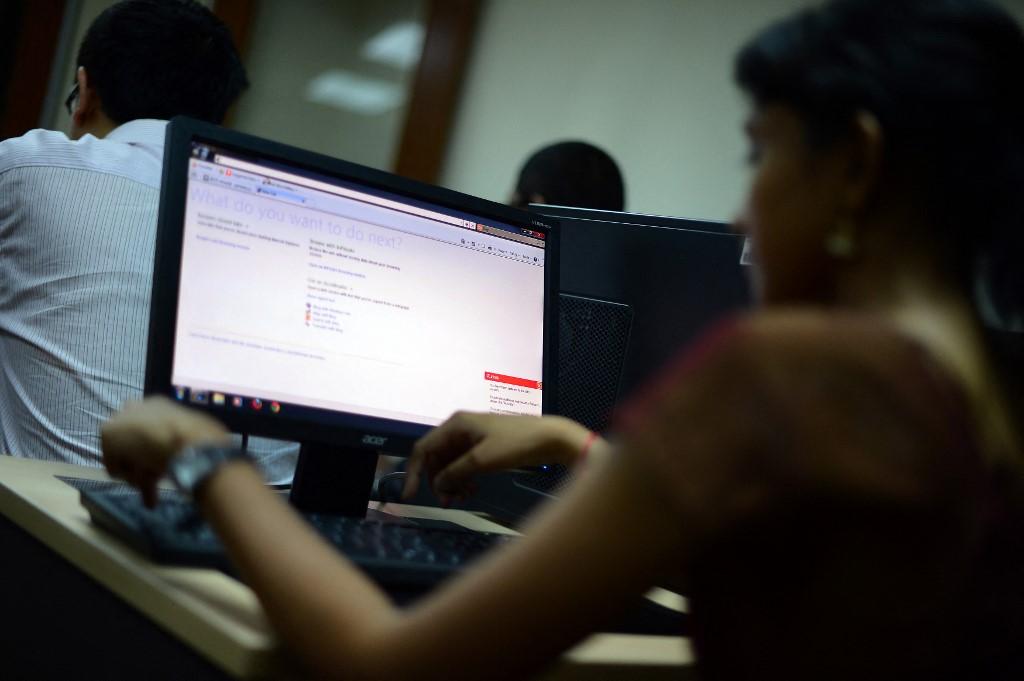Malaysian academics among the top in ‘fraudulent’ publications found in global database
The revelation calls into question not only Malaysia's quality of research but also the credibility of global university rankings.
Just In
Malaysian academics form a large chunk of those whose works were published in more than 300 “fraudulent journals” found in a respectable global citation database used to gauge tertiary institutions worldwide in annual rankings.
Fraudulent journals, also known as “predatory journals”, are publications lacking in research quality and with questionable content, which are often liberal in accepting articles without scrutiny, and in most cases, for a fee.
A total of 324 such journals published from across the world have been found to have infiltrated Scopus, a Netherlands-based global citation database made up of more than 30,000 journals covering life sciences, social sciences, physical sciences and health sciences.
The revelation, besides renewing a debate on the quality of research work by Malaysian universities, could also call into question the annual global rankings of universities.
At least two major organisations, Times Higher Education and QS, rely heavily on data from Scopus in publishing their annual rankings of universities worldwide. With more citations of its academics’ works in Scopus, a university stands a greater chance of boosting its global rankings.
The revelation is based on the work of two economists from the Czech Republic, Vit Machacek and Martin Srholec, who provided a country analysis of authors in questionable journals found in Scopus covering the period between 2015 and 2017.
While many of these authors come from countries with large populations such as India, Indonesia, the Philippines and Egypt, Malaysia’s listing among the top countries of origin may reflect badly on the quality of local academic work.
Among Scopus’ criteria for academic journals indexed in its database is the quality of their editorial board members as well as consistency in publication.
By 2014, it was said that there were more Malaysian academic articles indexed by Scopus – some 47,000 – than from Thailand and Singapore.
Machacek and Srholec’s study ranks Malaysia fifth among 20 countries considered as the biggest offenders in terms of predatory journals.
At the top of the list is Kazakhstan with 17% of such articles, followed by Indonesia (16.7%), Iraq (13%), Albania (12%) and Malaysia (11.6%).
Malaysia also appears in the top 20 lists for fraudulent work in three fields: health sciences, physical sciences, and social sciences, occupying the second place in the latter two.
Machacek and Srholec’s study ranks Malaysia fifth among 20 countries considered as the biggest offenders in terms of predatory journals.
“In these countries, predatory publication practices have apparently become a systemic problem at the national level, not limited to particular clusters,” Machacek and Srholec said about their findings.
The findings are likely to highlight a long debated issue on academic fraud in Malaysian universities.
MalaysiaNow understands that this time, some within the academic community have been unsettled by the possibility that many of the questionable research works published in these predatory journals were financed by public funds through research grants from the government.
The government recognises five universities as research-based: Universiti Sains Malaysia, Universiti Malaya, Universiti Kebangsaan Malaysia, Universiti Putra Malaysia and Universiti Teknologi Malaysia.
Successive governments have allocated hundreds of millions of ringgit to these universities in research and development grants.
The latest revelations might lend credence to critics’ argument that Scopus – and world university rankings – should not be the benchmark for institutions to measure their research.
“But with the obsession for better world rankings, many universities in Malaysia are left with little choice but to make Scopus a key indicator,” a senior academic leading a local public university told MalaysiaNow.
[Editor’s note: There was a mistake in the earlier version of this report. We have made a minor amendment to show that the reference is to Malaysians whose works are published in predatory journals, and not to Malaysian journals.]
Subscribe to our newsletter
To be updated with all the latest news and analyses daily.
Most Read
No articles found.

